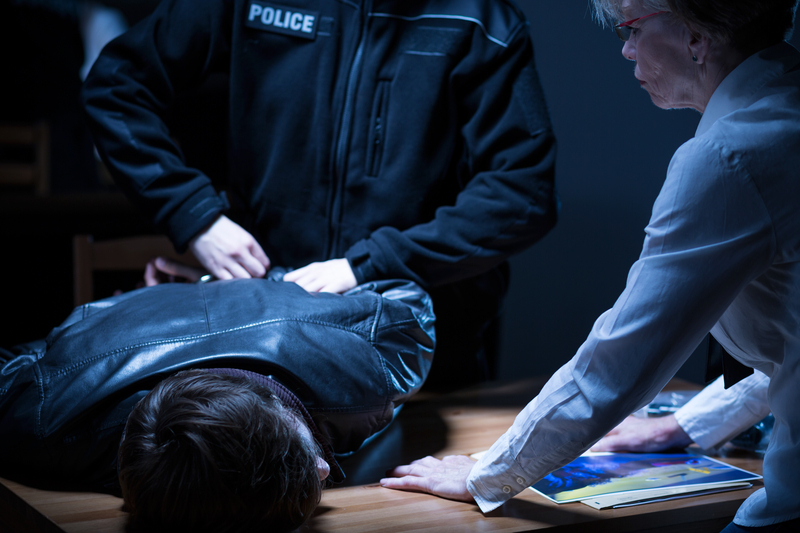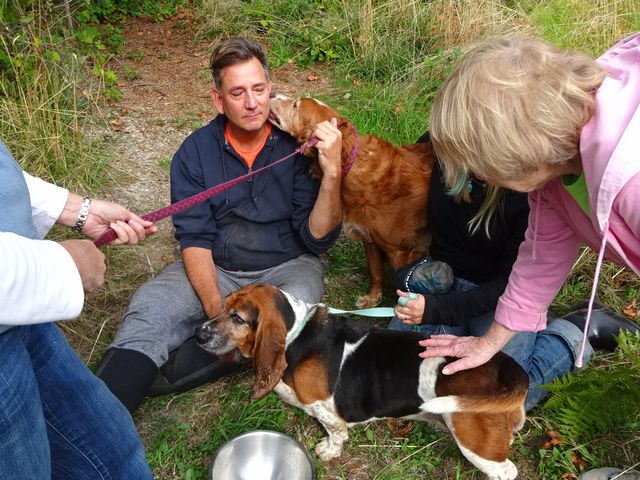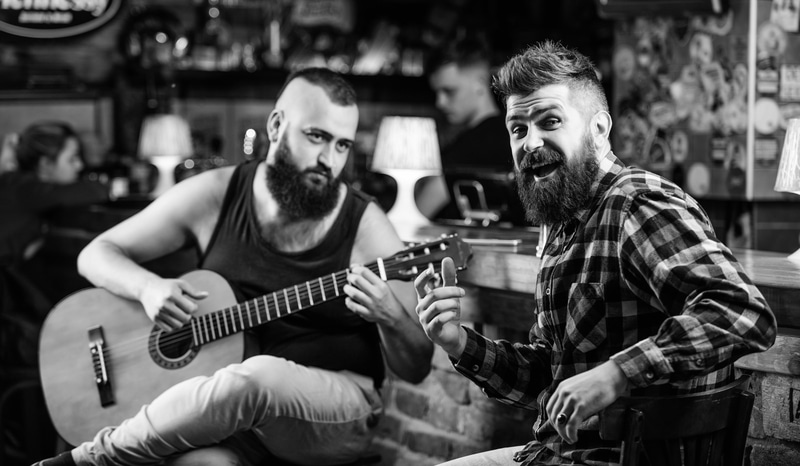When the Seattle City Council passed its new public safety sales tax initiative earlier this week, the move was largely celebrated as a progressive step forward, one that channels millions of dollars into addiction recovery and public health services. Yet on Vashon Island, the inclusion of the Thunderbird Treatment Center as a beneficiary of those funds landed differently. For many island residents, the announcement reopened wounds from a debate that has simmered for over a year, revealing the island’s deep divide between compassion and caution, between idealism and implementation.
A Promise of Healing
The Thunderbird Treatment Center, operated by the Seattle Indian Health Board (SIHB), is envisioned as a regional hub for recovery. The plan calls for modern facilities built with intention: spaces for ceremony, reflection, parenting individuals with young children, and a culturally rooted approach to addiction treatment. As SIHB CEO Esther Lucero described in a public presentation, the design includes three wings, one for families, one general wing, and a small insurance-based section that helps subsidize operating costs.
Lucero’s message was clear: Thunderbird is not simply a treatment facility; it’s meant to be a sanctuary of restoration. It aims to fill the widening gap left by the fentanyl crisis, limited federal support, and rising demand for holistic care. The newly passed Seattle public safety tax will now provide a funding stream to stabilize and improve the facility, supporting not only construction but also recovery housing and mobile outreach services.
A Community Divided
For many islanders, however, the conversation surrounding Thunderbird has never been about the mission, it’s about the process. At an August 2024 meeting of the Vashon-Maury Community Council, more than 150 residents crowded into a tense 2.5-hour debate that centered on zoning changes and land-use transparency. Over 260 people joined online, highlighting how central this issue has become to island life.
The core complaint voiced by opponents wasn’t about addiction recovery itself, but about how King County and SIHB communicated with the community. Several residents accused county officials of bypassing local input and making promises that were outside their authority to fulfill. Others feared the zoning changes required for Thunderbird’s expansion would set a precedent for denser developments, eroding the island’s rural identity.
“We’re being asked to pick a side without real engagement,” one resident said during the meeting. “King County didn’t come to the people of Vashon first. They came after the decisions were already made.”
By the end of the night, a motion related to zoning and center support failed, 153 opposed, 97 in favor. Even the process of voting became contentious, with some attendees arguing that last-minute amendments and procedural confusion reflected a deeper problem of trust.
Layers of Fear and Identity
Underneath the zoning and procedural arguments lies a more complex conversation about identity, stigma, and what community responsibility truly means. Some supporters framed the treatment center as a moral obligation, pointing to Vashon’s reputation for progressive values and empathy. Others saw opposition as a symptom of fear, fear of change, fear of safety risks, or fear rooted in misconceptions about addiction and recovery.
The debate took a painful turn when language used in previous discussions surfaced at the meeting, including racist undertones referencing “drunken Indians.” Lucero and others addressed these comments directly, emphasizing that Thunderbird’s mission is not only clinical but cultural, built on Indigenous healing practices that honor community and history.
For supporters, the project represents reconciliation and progress. For critics, it symbolizes a breakdown in democratic process and local voice.
Efforts to Build Understanding
Following the controversy, SIHB began hosting informational sessions to answer questions and ease anxieties. Renderings were shared publicly, showing open green spaces, gathering areas, and ceremonial features meant to blend with Vashon’s landscape. Lucero explained that SIHB had been in contact with nearby residents even before the formal announcement and reiterated the organization’s commitment to transparency.
Groups like Friends of Thunderbird emerged to advocate for the project, providing educational resources, personal testimonials, and cultural context. Their materials share stories from islanders who view the center as a lifeline for those struggling with addiction, emphasizing that recovery cannot happen in isolation.
A Mirror for the Island
The friction surrounding Thunderbird reflects something larger than a single facility, it mirrors the island’s ongoing struggle to define itself. Vashon’s ethos of independence often clashes with its progressive ideals, especially when regional or state decisions intersect with local control.
At its heart, this is a story about community trust. Supporters of the project believe Thunderbird can bring hope and healing to those who need it most, including residents who currently travel off-island for care. Opponents argue that the process, and not the purpose, was flawed, leaving too many questions unanswered about zoning, safety, and long-term impact.
Looking Ahead
With Seattle’s new public safety tax now securing a portion of Thunderbird’s funding, the project will likely move forward. The challenge for Vashon is no longer whether it will happen, but how it can happen in a way that restores trust and honors the island’s values.
Healing, after all, doesn’t begin with walls or permits. It begins with conversation. The island now faces a choice: to let this project deepen its divisions, or to use it as a bridge, one that connects compassion with accountability, and vision with community voice.






